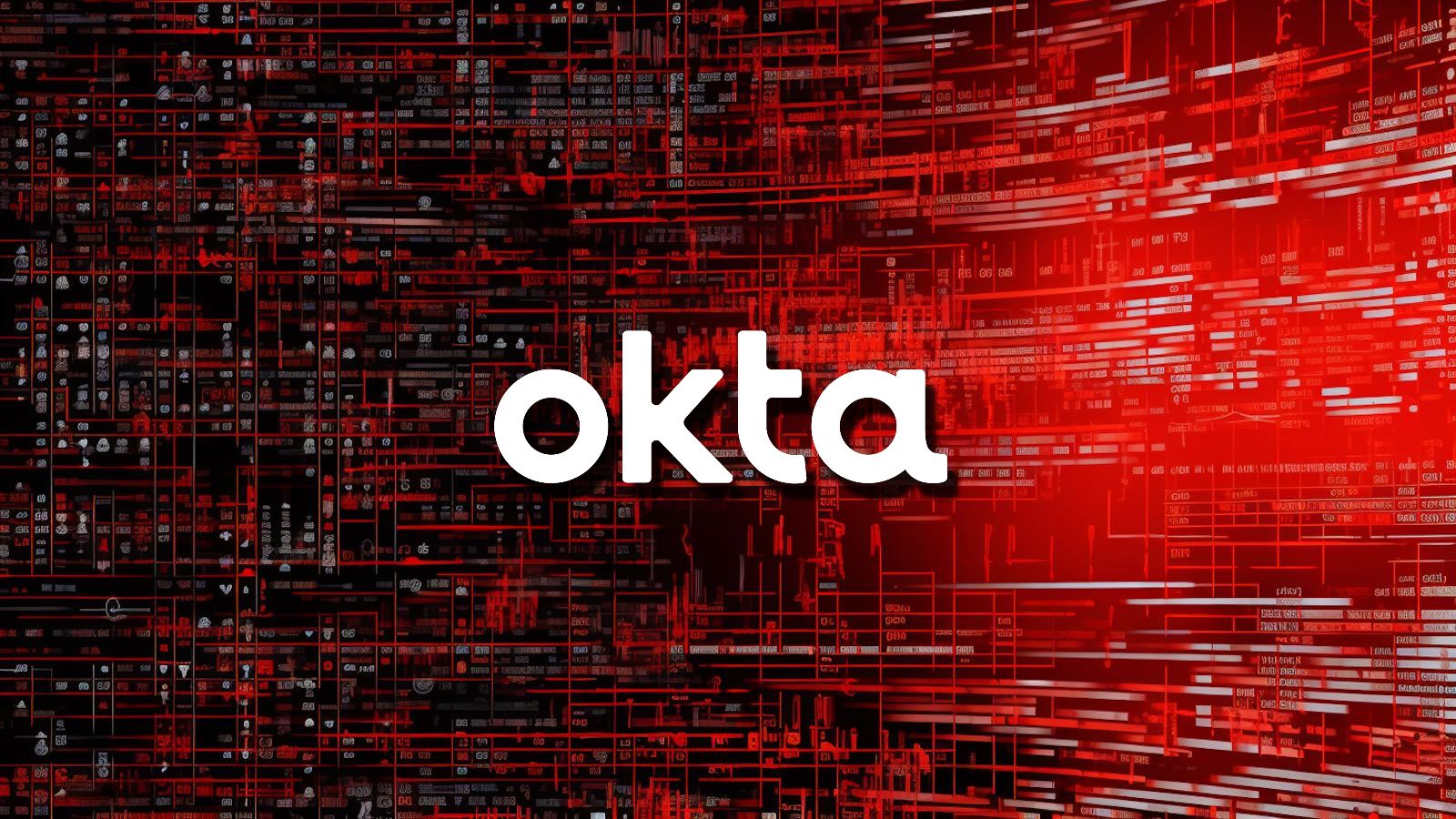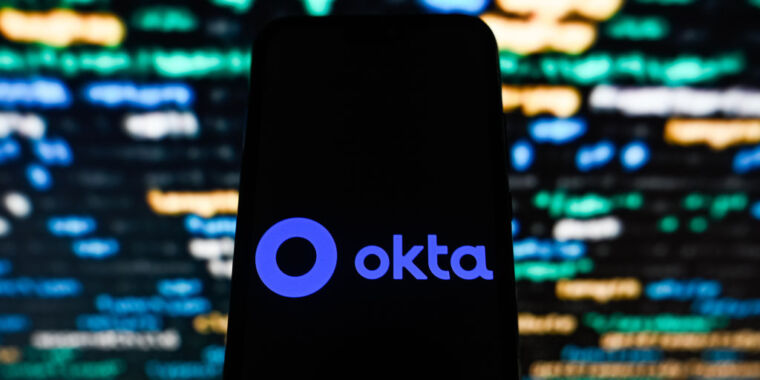- Jul 27, 2015
- 5,459
In an advisory sent to an undisclosed number of customers on Oct. 19, Okta said it “has identified adversarial activity that leveraged access to a stolen credential to access Okta’s support case management system. The threat actor was able to view files uploaded by certain Okta customers as part of recent support cases.”
Okta explained that when it is troubleshooting issues with customers it will often ask for a recording of a Web browser session (a.k.a. an HTTP Archive or HAR file). These are sensitive files because in this case they include the customer’s cookies and session tokens, which intruders can then use to impersonate valid users. “Okta has worked with impacted customers to investigate, and has taken measures to protect our customers, including the revocation of embedded session tokens,” their notice continued. “In general, Okta recommends sanitizing all credentials and cookies/session tokens within a HAR file before sharing it.”
The security firm BeyondTrust is among the Okta customers who received Thursday’s alert from Okta. BeyondTrust Chief Technology Officer Marc Maiffret said that alert came more than two weeks after his company alerted Okta to a potential problem.
The disclosure from Okta comes just weeks after casino giants Caesar’s Entertainment and MGM Resorts were hacked. In both cases, the attackers managed to social engineer employees into resetting the multi-factor login requirements for Okta administrator accounts.
More on the same company:

Okta's source code stolen after GitHub repositories hacked
Okta, a leading provider of authentication services and Identity and Access Management (IAM) solutions, says that its private GitHub repositories were hacked this month. According to a 'confidential' email notification sent by Okta and seen by BleepingComputer, the security incident involves...
 malwaretips.com
malwaretips.com


